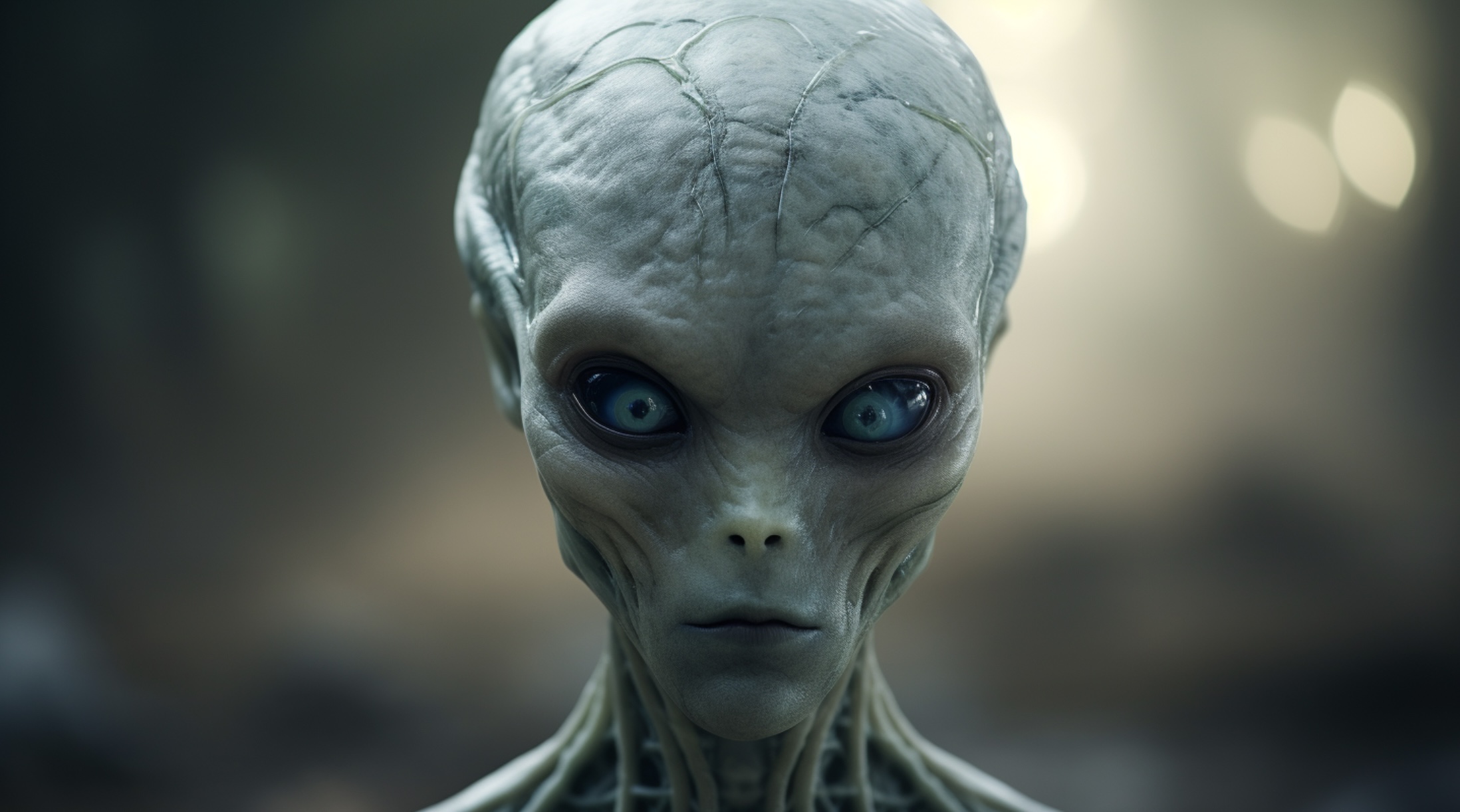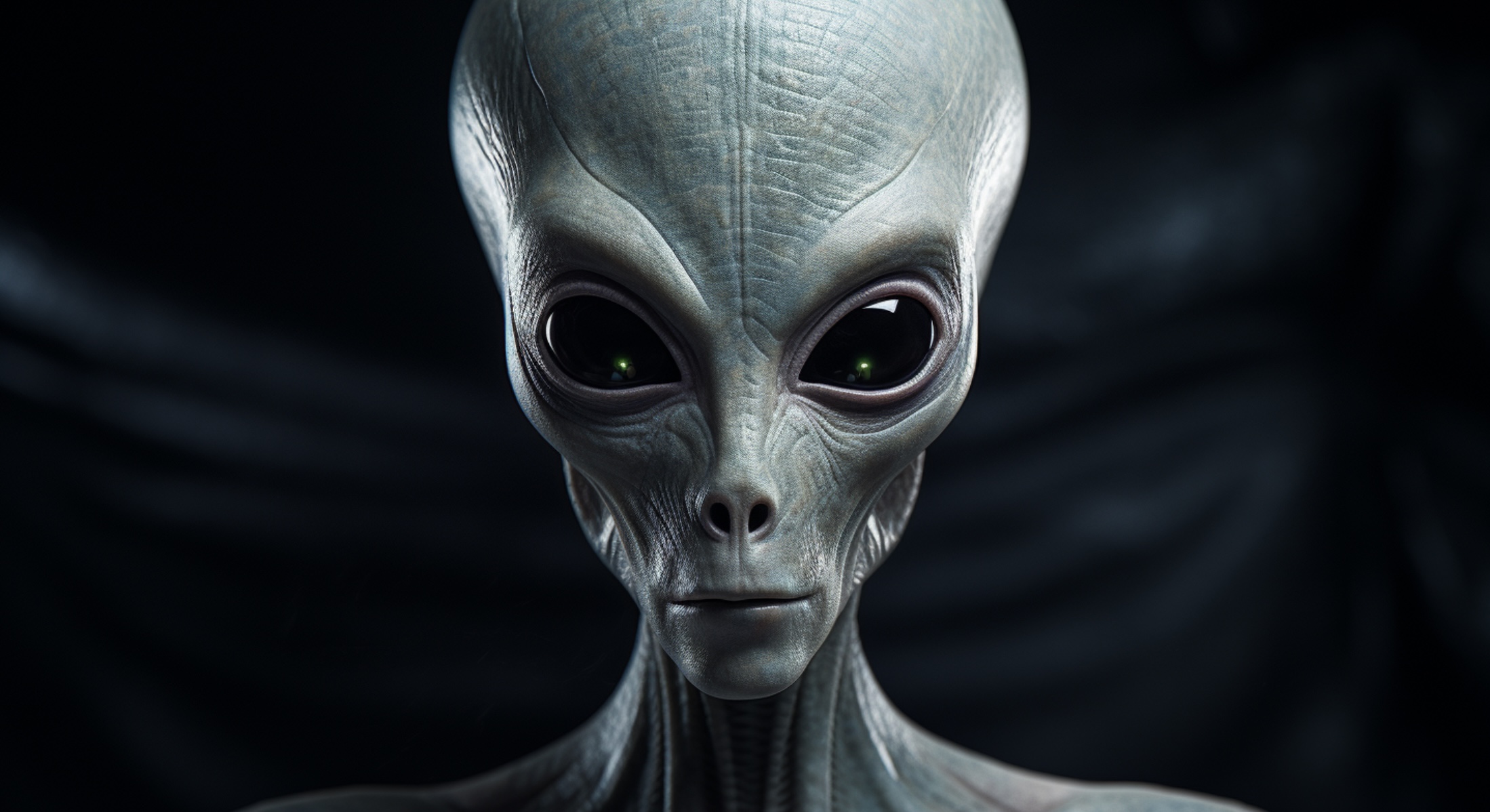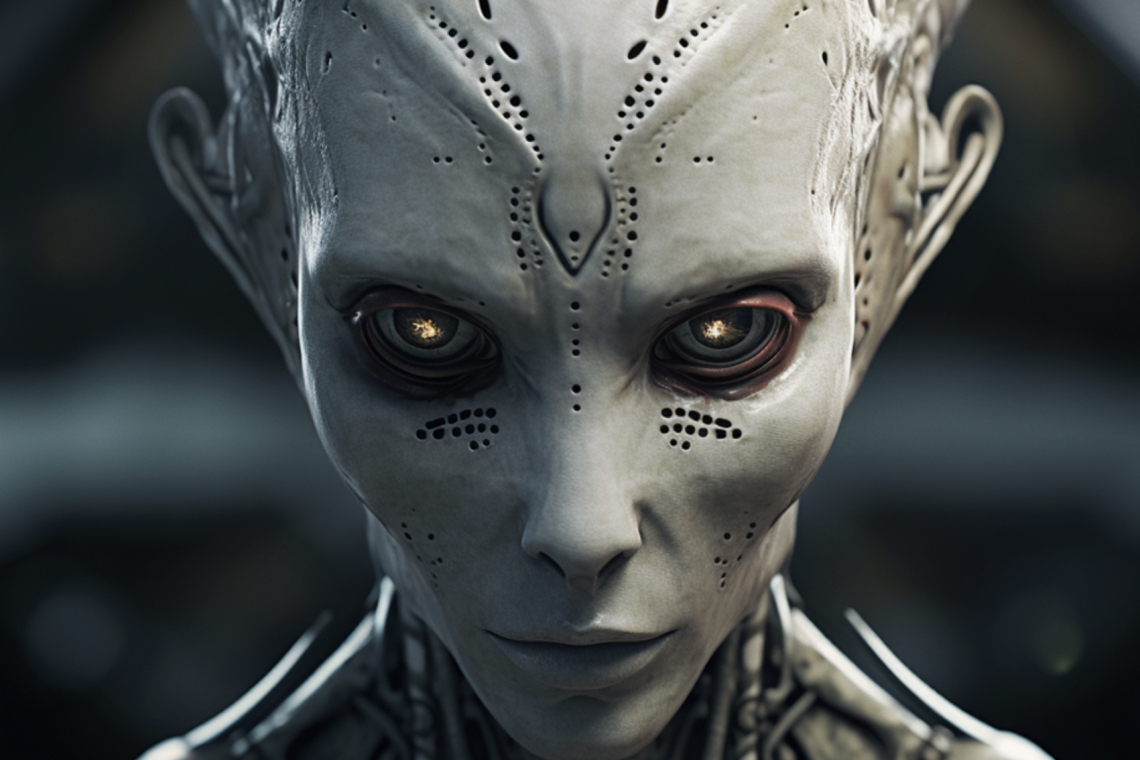Human history is a fascinating tapestry woven with countless threads of discovery, innovation, and exploration. From the birth of civilization to the wonders of modern technology, we’ve constantly strived to understand our origins and the mysteries of the universe. One intriguing theory, proposed by former astronaut Al Worden, suggests that the roots of our civilization may be more extraterrestrial than we ever imagined. Al Worden, a distinguished member of the Apollo 15 mission, has a unique perspective on our place in the cosmos. While his claim may seem astonishing at first, it invites us to rethink the story of human civilization and our connection to the stars. In a nutshell, Worden’s theory proposes that not only do extraterrestrials exist, but they also arrived on Earth in the distant past, playing a crucial role in establishing our civilization. Could it be possible that we are, in fact, the real aliens?

Before diving into the depths of this unconventional hypothesis, let’s examine some of the key points that Worden raises. He suggests that ancient civilizations, such as the Egyptians and the Mayans, achieved remarkable technological feats that seem almost otherworldly given the tools and resources available at the time. From the construction of the pyramids to the precision of their astronomical calendars, these achievements have left experts puzzled for centuries. Worden argues that these ancient cultures may have received knowledge and guidance from extraterrestrial beings, allowing them to accomplish these extraordinary feats. This theory prompts us to reconsider the narrative of human evolution and cultural development. Additionally, Worden points to the enigmatic and unexplained artifacts scattered throughout history, like the Antikythera Mechanism and the Nazca Lines.
These objects and formations raise questions about how ancient civilizations could have possessed such advanced knowledge of technology and astronomy. While Worden’s theory challenges conventional wisdom, it encourages us to keep an open mind when exploring the mysteries of our past. It’s essential to remember that the search for truth often requires us to entertain unconventional ideas and hypotheses.

Of course, it’s important to approach such claims with a healthy dose of skepticism. Scientific consensus relies on rigorous evidence and testing, and any theory that challenges the status quo must withstand scrutiny and rigorous examination. Worden’s ideas are no exception. In conclusion, Al Worden’s provocative theory about the extraterrestrial influence on our civilization may raise eyebrows and spark intense debate. It challenges us to reconsider our understanding of human history and the role of celestial visitors in our development.
While we may not be ready to fully embrace the idea that we are the true aliens, Worden’s perspective invites us to think critically and explore the boundaries of our knowledge. Whether or not his theory holds water remains to be seen, but it reminds us that the quest for knowledge is a journey filled with unexpected twists and turns, and sometimes, the truth lies in the most unexpected places.



